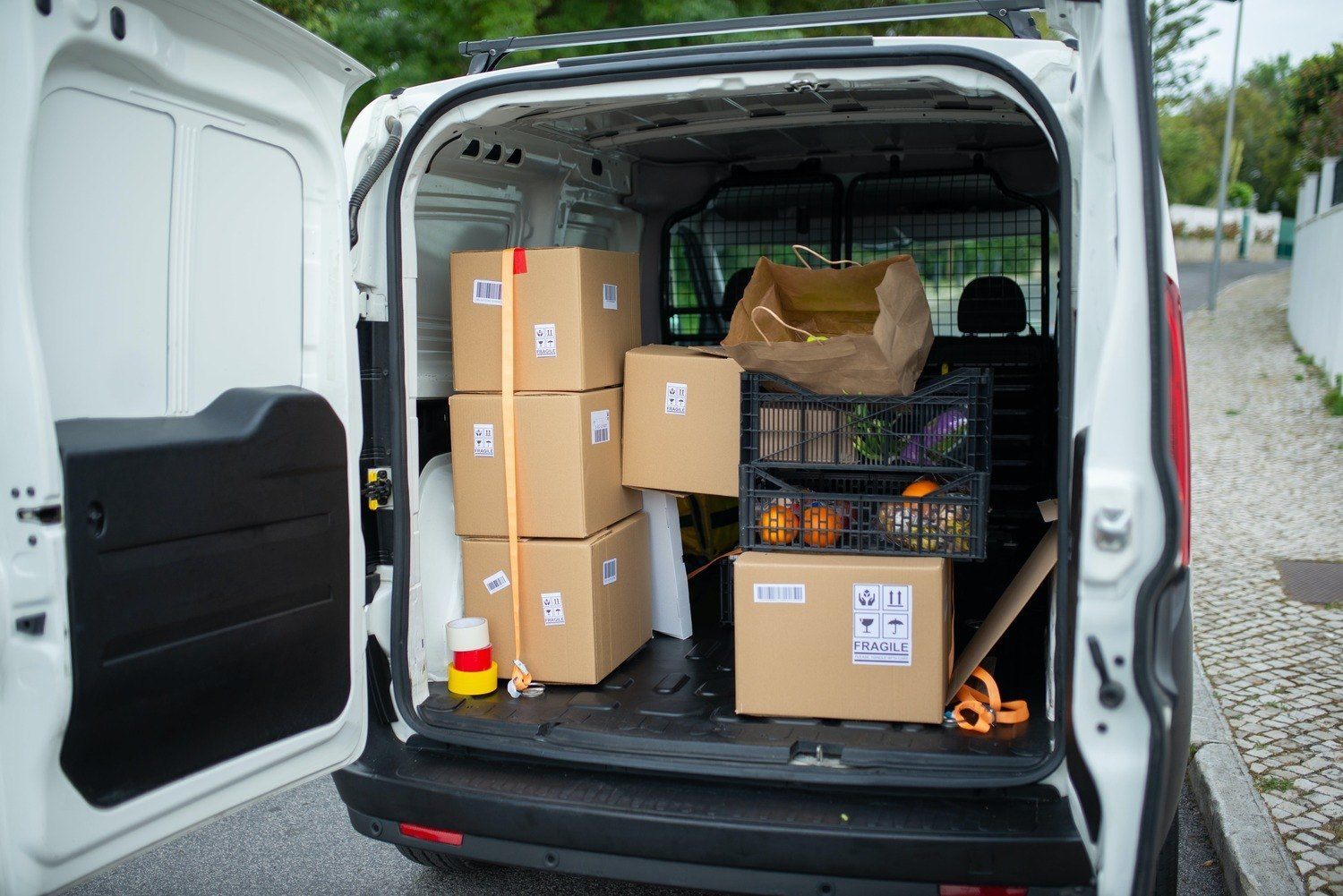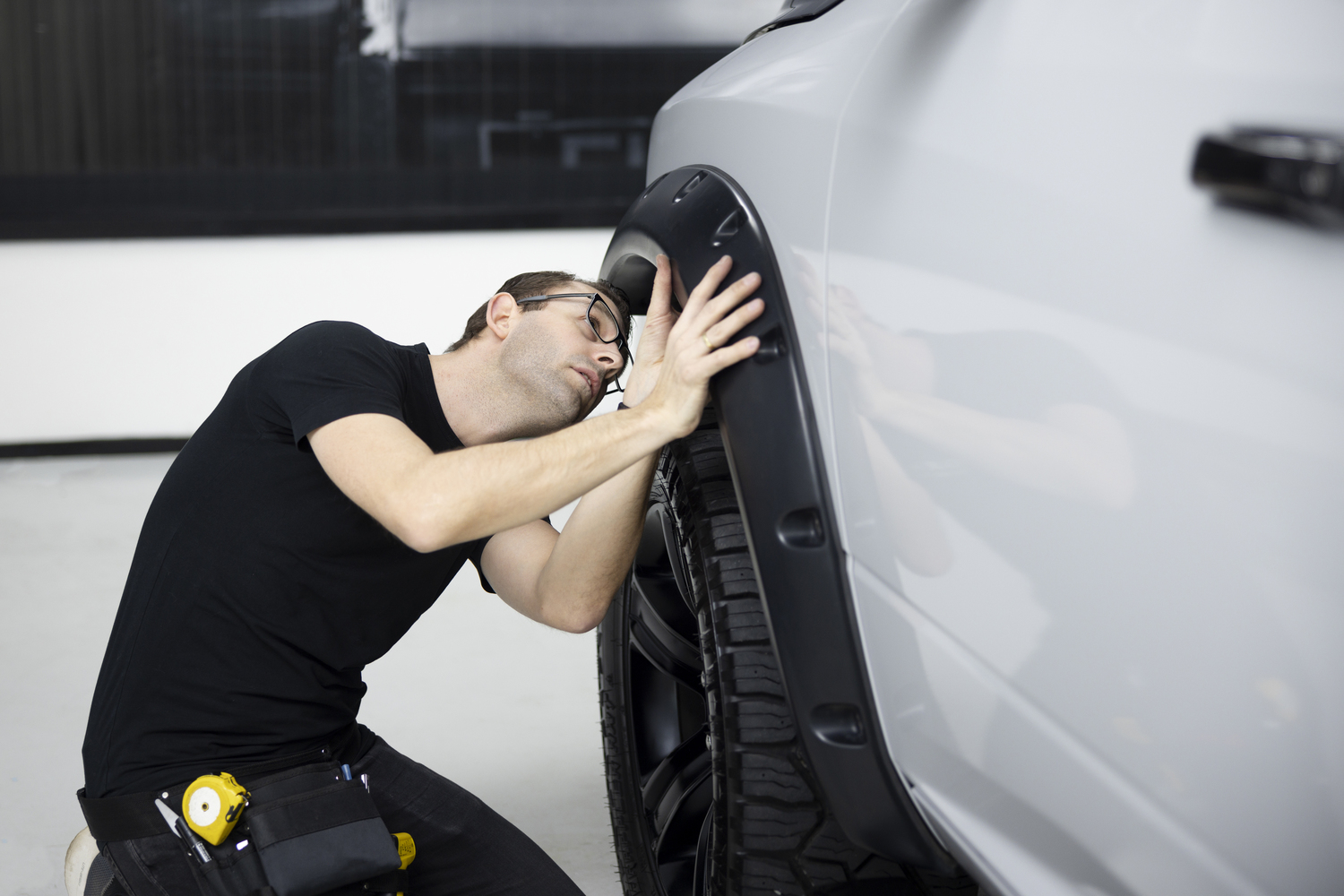Soundproof a van – create a quieter and more comfortable driving experience
Soundproofing a van is an effective way to create a quieter and more comfortable interior, regardless of whether the vehicle is used for commercial transport, as a work vehicle, or for conversion into a motorhome. Noise from the road, tires, engine, and vibrations from the chassis can be both disturbing and tiring over time. By using the right sound-absorbing materials and techniques, these noises can be significantly reduced, leading to a more relaxed and comfortable driving experience.
Why is soundproofing vans important?
Vans often have a simpler interior than passenger cars, which means they lack the sound insulation found in modern passenger cars. As a result, road noise, engine noise, and other external noises can penetrate unhindered, creating a noisy and stressful driving experience. For drivers who spend long days in the car, this can contribute to stress, fatigue, and reduced concentration. By soundproofing the vehicle, you can create a quieter environment where both drivers and passengers have a more comfortable journey. For those who convert a van into a motorhome or campervan, soundproofing is especially important, as it contributes to a more relaxed atmosphere and better sleep when staying overnight.
Effective methods for soundproofing a van
Soundproofing the floor and wheel wells One of the biggest sources of noise in a van is road noise, which travels through the floor and chassis. To reduce this, you can apply vibration-damping materials such as bitumen sheets or specially adapted damping mats to the floor, wheel arches, and door panels. These materials absorb vibrations and reduce resonance, resulting in a significantly quieter interior.
Dampen engine noise
Engine noise can be particularly stressful in vans, as the engine compartment is often less insulated than in passenger cars. By using sound-absorbing materials such as heat-resistant foam or acoustic felt mats, engine noise can be dampened before it spreads through the cabin. It is also important to check the seals around the engine hood and firewall, as sound leakage through these areas is often a major source of noise.
Improved sound insulation of the doors
The doors are another important part of sound insulation. Since vans have large, often thin door panels, a lot of noise can penetrate through them. By applying sound-absorbing materials to the inside of the doors, such as foam or sound-insulating mats, you can block sound vibrations and reduce unwanted noise. The seals around the doors should also be checked and upgraded if necessary to minimize sound leakage.
Roof and side walls – crucial for acoustics
Ceilings and side walls play an important role in sound insulation. Since sound is reflected from the ceiling and can create echoes inside the vehicle, it is a good idea to use sound-absorbing materials such as polyester or foam mats. By covering the ceiling and walls with sound-insulating materials, you can significantly improve sound comfort and reduce the overall noise level in the vehicle.
The benefits of soundproofing a van
Soundproofing a van is not just about reducing noise levels, but also about creating a more pleasant and functional environment. A well-insulated van provides a more relaxed driving experience, reduces stress and fatigue for drivers and passengers, and creates a better working environment. For those who use their van as a work vehicle, soundproofing can contribute to a more productive working environment where it is easier to take phone calls or listen to the radio without being disturbed by noise. For campervan enthusiasts and motorhome builders, a quieter interior means better sleep at night, while the vehicle's thermal insulation benefits from the sound-absorbing properties of the materials. In addition to comfort and productivity, sound insulation can also increase the resale value of the vehicle, as a quieter and better insulated van is more attractive on the market.
Summary – a long-term investment for better comfort and driving pleasure
Effective sound insulation of a van can drastically improve both comfort and driving pleasure by reducing road noise, engine noise, and other disturbing sounds. By using the right materials and techniques for the floor, doors, roof, and engine compartment, you can create a quieter and more comfortable environment, regardless of how you use your van. Investing in sound insulation is a long-term solution that increases both comfort and the value of the vehicle. A well-insulated van provides a more relaxed and ergonomic driving experience while creating better conditions for both work and leisure.









